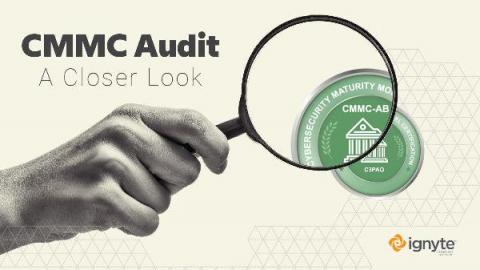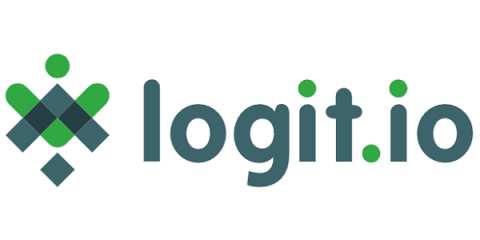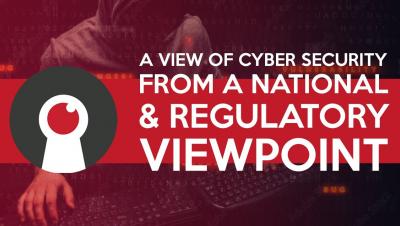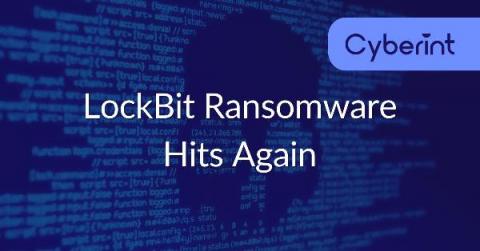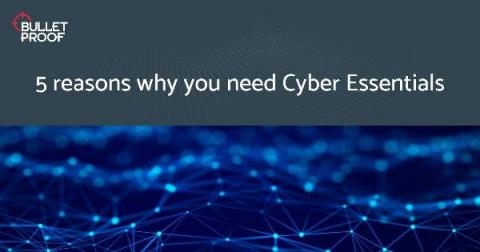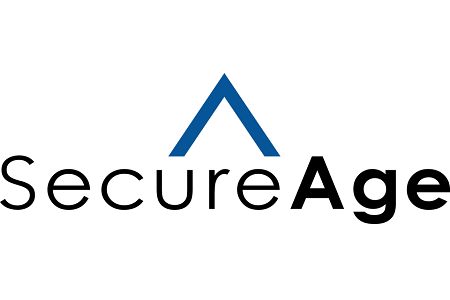CMMC Audit: What is it and how to prepare for it
Business owners whose revenue streams depend significantly or partially on government contracts have been recently faced with the mandatory emerging regulations called Cybersecurity Maturity Model Certification, also known as CMMC. All organizations working with the Department of Defense (DoD) and Federal government as their prime or subcontractors must be audited against these requirements by a competent third-party CMMC auditor.


